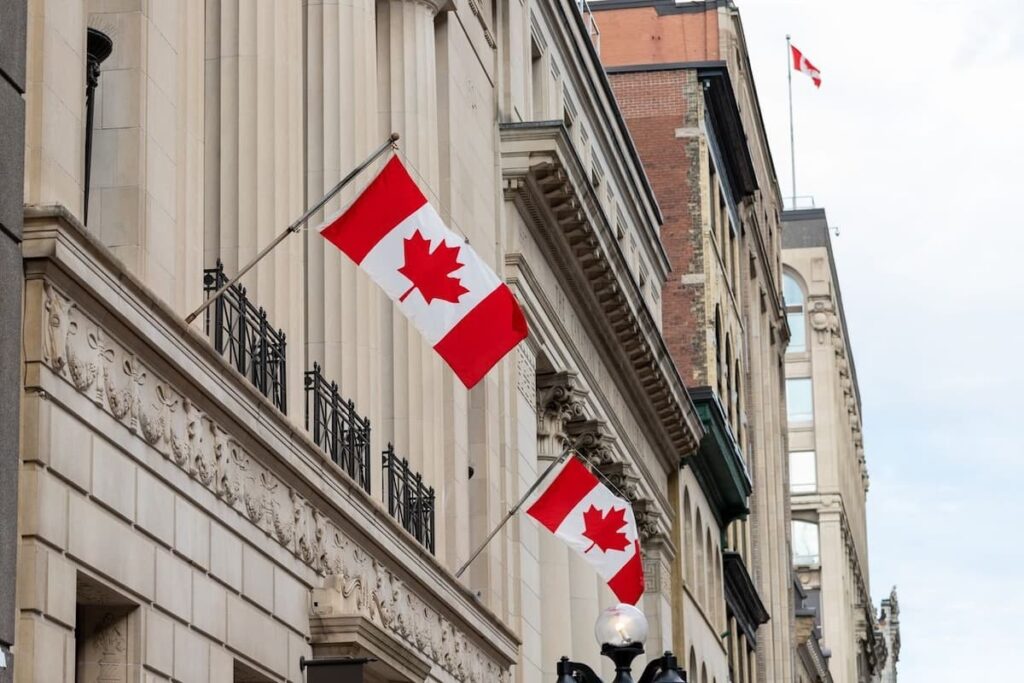The Canadian federal government is considering creating new Express Entry categories for senior managers, scientists and researchers, and military personal, which would make it easier for foreign nationals in these professions to obtain Canadian permanent residence.
Immigration, Refugees, and Citizenship Canada (IRCC) listed these three categories in their post seeking public consultation, published on the government of Canada’s website.
Get a Free Express Entry Assessment
The potential new categories are being considered for launch in 2026 in Express Entry, the federal government’s application management system which is used to determine which foreign nationals get the opportunity to apply for permanent residence.
The government has not announced when any further details will be shared about its decision on the proposed new categories. The public consultation is open until September 3, 2025.
Potential new categories
Leadership
IRCC has proposed the launch of a new category aimed at attracting senior managers to Canada.
In the posting for consultation, the government defines senior managers “highly skilled workers who oversee the operations of a company or organization and who lead a team of employees.”
According to IRCC, introducing this category could bring fresh perspectives, accelerate digital transformation, enhance productivity, and contribute to organizational goals.
The department suggests that attracting candidates in senior positions could “boost the country’s competitiveness and advance economic growth and prosperity.”
Research and innovation
IRCC is also considering prioritizing the selection of certain researchers and scientists.
The department believes that scientific research and innovation can enhance productivity and performance, and “stimulate economic growth.”
The consultation document did not specify which types of researchers and/or scientists would be prioritized.
National security and defence
IRCC is also considering supporting the Canadian Armed Forces by prioritizing the selection of highly skilled military recruits from allied countries.
What else is Canada considering for category-based selection in 2026?
As per the consultations statement put out by IRCC, the category-based selection in 2026 may see some of the same categories as in 2025.
Francophone immigration
Francophone immigration will likely remain a priority, outside Quebec.
Canada’s 2025–2027 Immigration Levels Plan sets targets for French-speaking permanent residents outside Quebec at 8.5% in 2025, 9.5% in 2026, and 10% in 2027.
In line with these objectives, IRCC is considering keeping Francophone immigration as a priority category for selection in 2026.
Sectors facing long-term labour shortages
In response to ongoing skilled talent shortages, IRCC is proposing to maintain its focus on the following sectors:
- Healthcare;
- Skilled trades (including construction occupations that will help address housing needs);
- Education;
- STEM; and
- Agriculture and agri-food
These sectors are already part of the 2025 Express Entry category-based selection.
IRCC will continue to collect feedback from stakeholders. It is also listening to sectors with acute labour shortage gaps regarding whether Express Entry should focus on talent already in Canada versus overseas.
Impact on international students
Express Entry categories are used to inform the field of study requirements for Post-Graduation Work Permit (PGWP) eligibility for graduates of non-exempt postsecondary programs.
This is done through field of study requirements that were first introduced in 2024 to help align international students with Canada’s labour market needs.
At the moment, there are 119 fields of study eligible for a PGWPwhile 178 were removed from eligibility earlier this year.
Changes to Express Entry categories could also result in adjustments to Canada’s field of study eligibility in 2026. IRCC has stated that they will make the next announcement on PGWP-eligible fields of study in early 2026.
Graduates of bachelor’s, master’s, and doctoral programs are exempt from field of study requirements.
What is category-based selection?
Category-based selection draws were introduced in 2023 to fill labour market gaps by focusing on Express Entry candidates with specific in-demand skills or language abilities. The Express Entry selection categories are revised annually to ensure the program stays responsive to evolving labour market needs.
In 2025, IRCC announced the following as its Express Entry categories:
- French language proficiency.
- Healthcare and social services.
- Agriculture and agri-food occupations.
- STEM.
- Trades occupations.
- Education (newly added this year).
Of these, the priority categories are French-language proficiency, Healthcare and social services, Trades occupations, and education occupations.
This system allows IRCC to issue Invitations to Apply (ITAs) to candidates who meet specific category criteria, alongside general draws and program-specific rounds for the Canadian Experience Class (CEC) and Provincial Nominee Program (PNP).
The Comprehensive Ranking System (CRS) score for category-based selection rounds are often lower than that of general or CEC draws.
For example, the most recent CEC draw had a CRS cut-off of 534 whereas the most recent healthcare and social service occupations draw had a cutoff of 475, giving eligible healthcare professionals an advantage in receiving an ITA for permanent residence.

